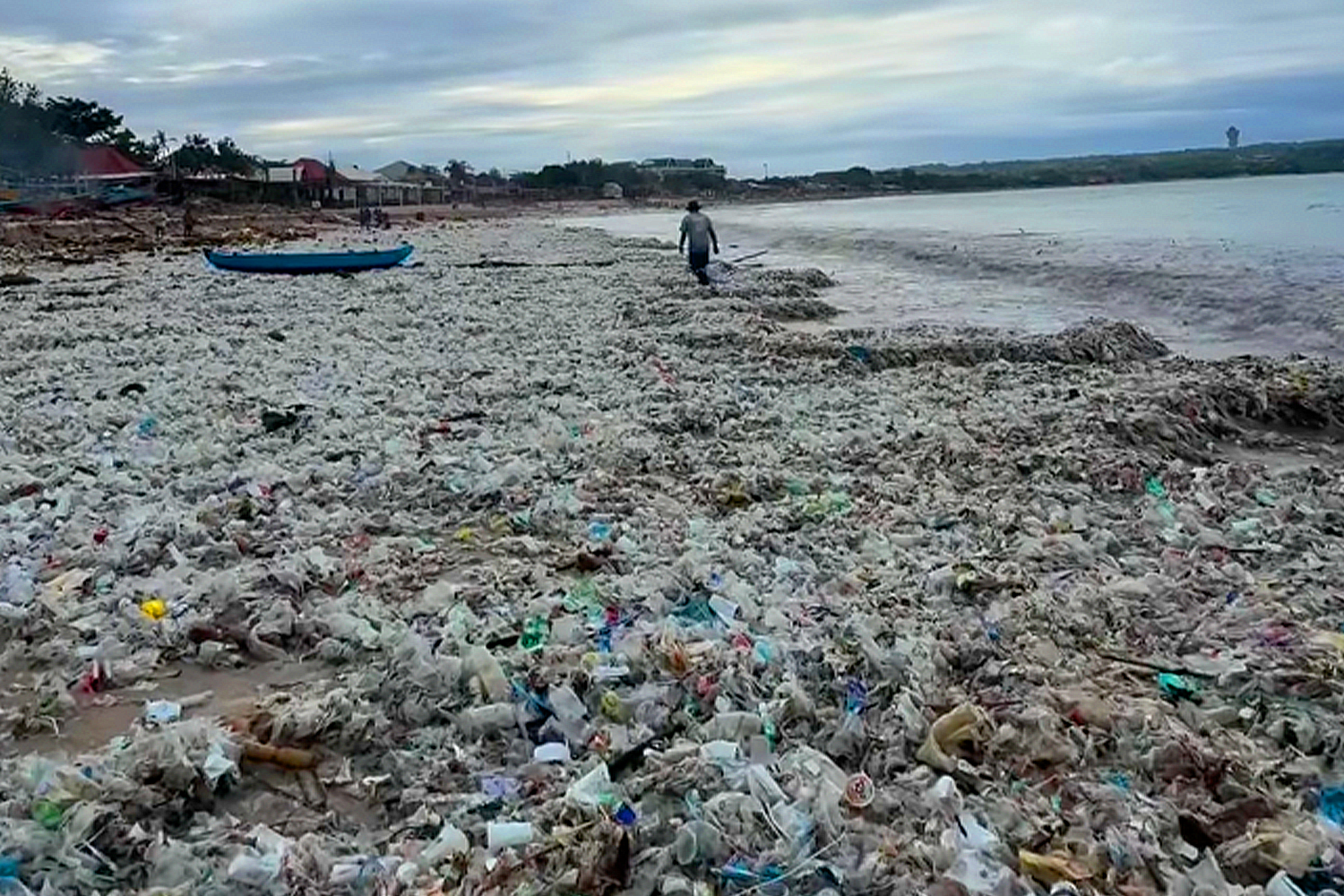Imagine a beach covered in trash, with waves of plastic and rubbish washing up on the shore.
This is the harsh reality of Jimbaran Beach in Bali, where a staggering 70 tonnes of rubbish were recently cleared by volunteers. But the question remains, can we stop this from happening again?
The Worst Trash Wave Ever Seen
Environmental activist Sam Bencheghib and his team at Sungai Watch, along with thousands of volunteers, worked tirelessly to remove the massive amounts of garbage from the beach.
The images are shocking, with mountains of waste covering the sand. As Bencheghib said, “every day more trash just kept on coming”. But thanks to the community’s efforts, 70 tonnes of plastic were removed from the beach.

A Huge Waste Epidemic
Australian travel expert Quentin Long warns that this is not an isolated incident. In fact, it’s a symptom of a much larger problem – a huge waste epidemic that’s destroying coastlines around the globe.
Long says that while seasonal weather patterns and tidal currents contribute to the problem, the real issue is the sheer amount of waste in our oceans. “The rubbish has to be in the ocean in the first place,” he says.
Why Are Our Beaches Becoming Trash Dumps?
So, why is so much garbage ending up on our beaches? The answer lies in ocean currents and pollution. In Bali, strong currents in the Indonesian Throughflow carry debris from across Southeast Asia, depositing it on the island’s beaches.
Seasonal monsoons make the problem worse, pushing waves of plastic and other waste ashore. In northern Australia, the Gulf of Carpentaria is a hotspot for marine debris, collecting rubbish from nearby countries.
What Can We Do to Stop This?
While community clean-ups and international collaboration are important steps in tackling the issue, experts warn that without significant global action to curb plastic use and improve waste management, these problems will persist.
As travellers, we need to reduce our plastic waste and make sustainable choices to avoid becoming part of the problem. The future of our beaches and oceans depends on it.

